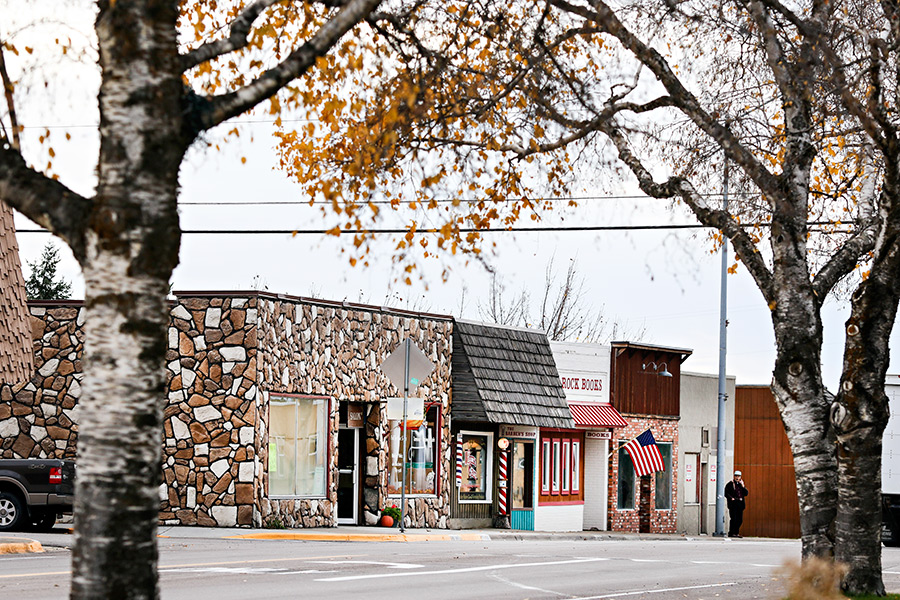Amid rising public safety costs, the City of Columbia Falls is looking at possibly instituting a resort tax.
The tax was one option discussed during a recent city council work session, according to City Manager Susan Nicosia. The city has requested that the Montana Department of Commerce determine whether Columbia Falls can institute a resort tax. If the city can, residents could vote on the matter sometime next year.
As Columbia Falls’ population grows, so too does its need for police and fire protection. Recently, the city added a ninth police officer, and Nicosia said the community will eventually need to transition from a volunteer fire department to one with some paid personnel. Currently, only the fire chief is on the city payroll.
“We’re going to reach a point where volunteers can’t respond to every call,” she said. “Current revenues do not provide enough money for our continued growth.”
Besides instituting a resort tax — which would be applied to services like hotel rooms and dinners — the city council also discussed the possibility of a public safety levy.
“We’re still very early in this discussion,” Nicosia said.
Daniel Iverson, communications manager for the Montana Department of Commerce, said it usually takes two or three months for the state to determine if a community can legally institute a resort tax. In order to have a resort tax, state law requires a community to “derive the major portion of its economic well-being” from tourism. A number of economic factors go into making the determination, and a community must have a population of less than 5,500 to have a resort tax. Columbia Falls was at 4,688 in the last census.
Nicosia said an early estimate from the state suggested that Columbia Falls could bring in upwards of $975,000 annually from a 3 percent resort tax, although city officials believe $450,000 annually is a more realistic number.
Even that more conservative number could help the city pay for full-time firefighters. Nicosia said that one full-time firefighter with benefits would cost about $75,000 annually.
